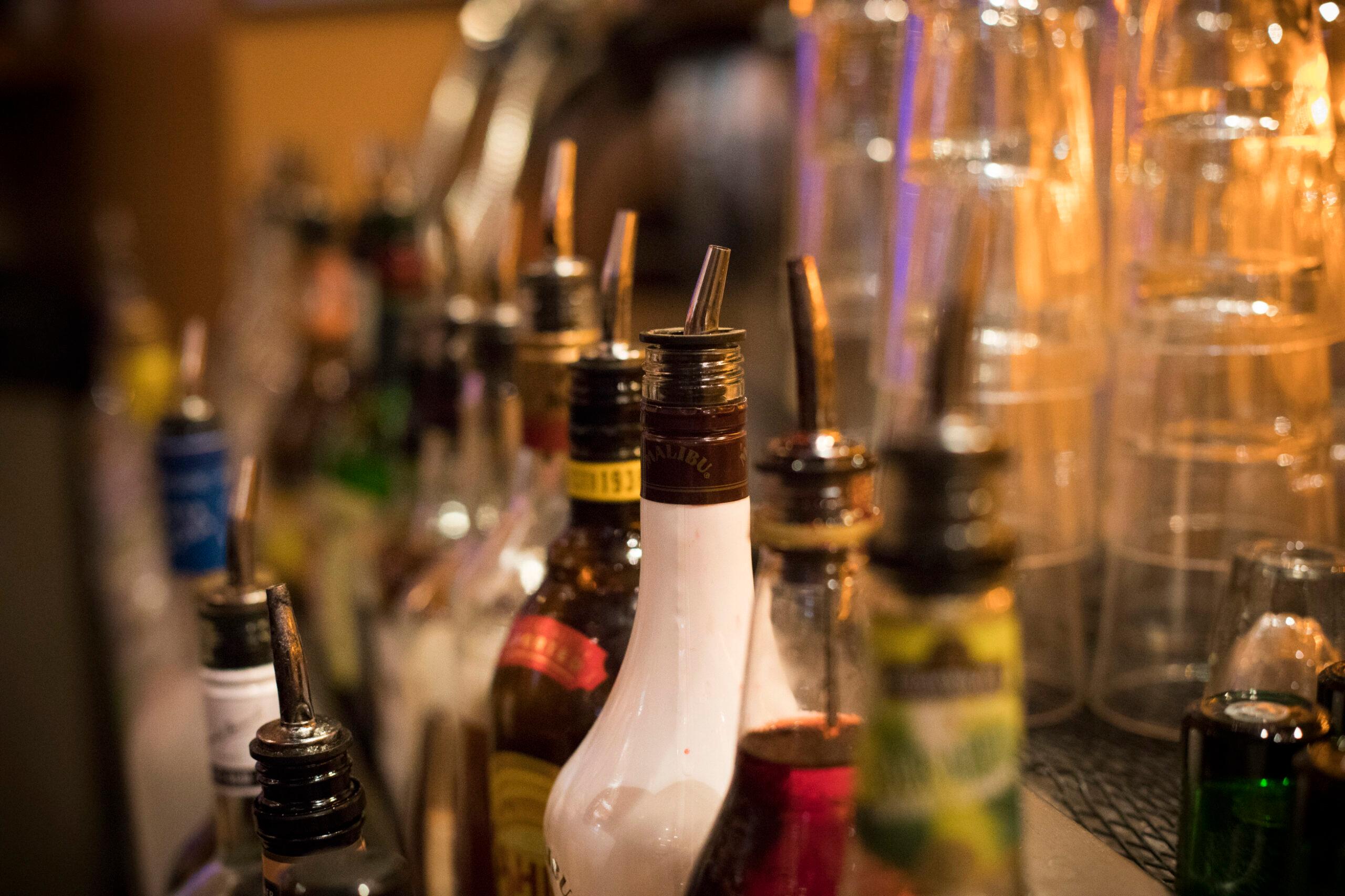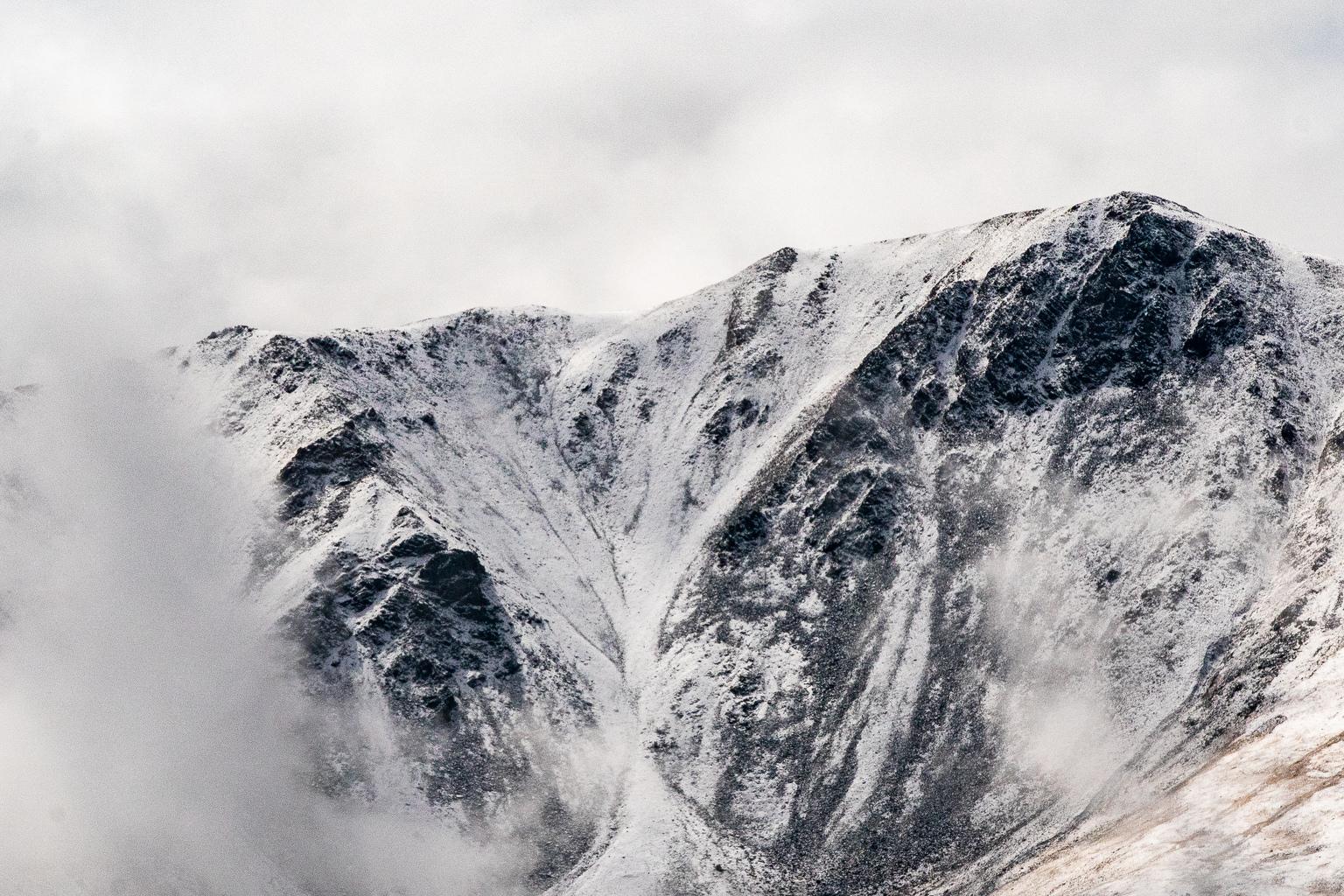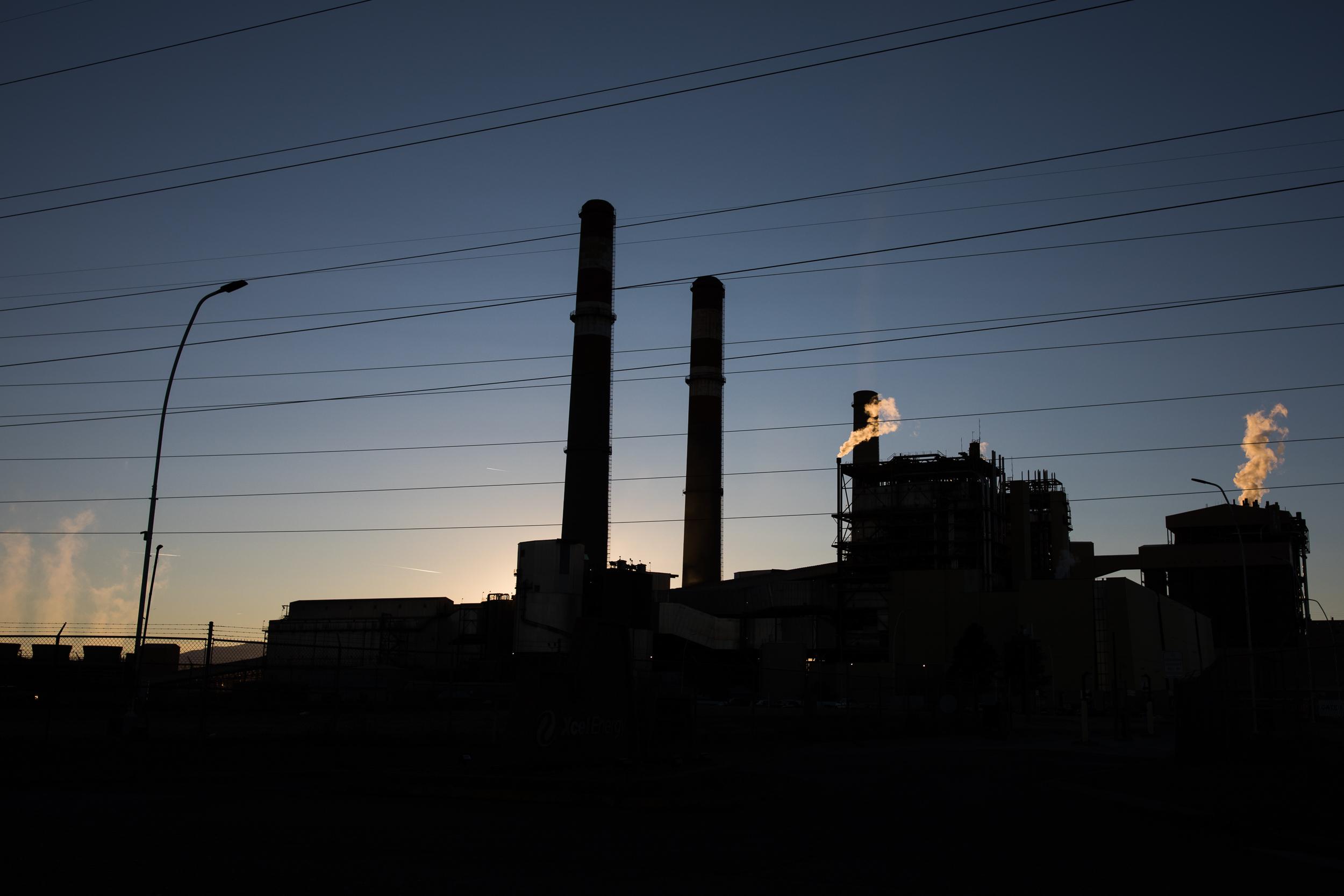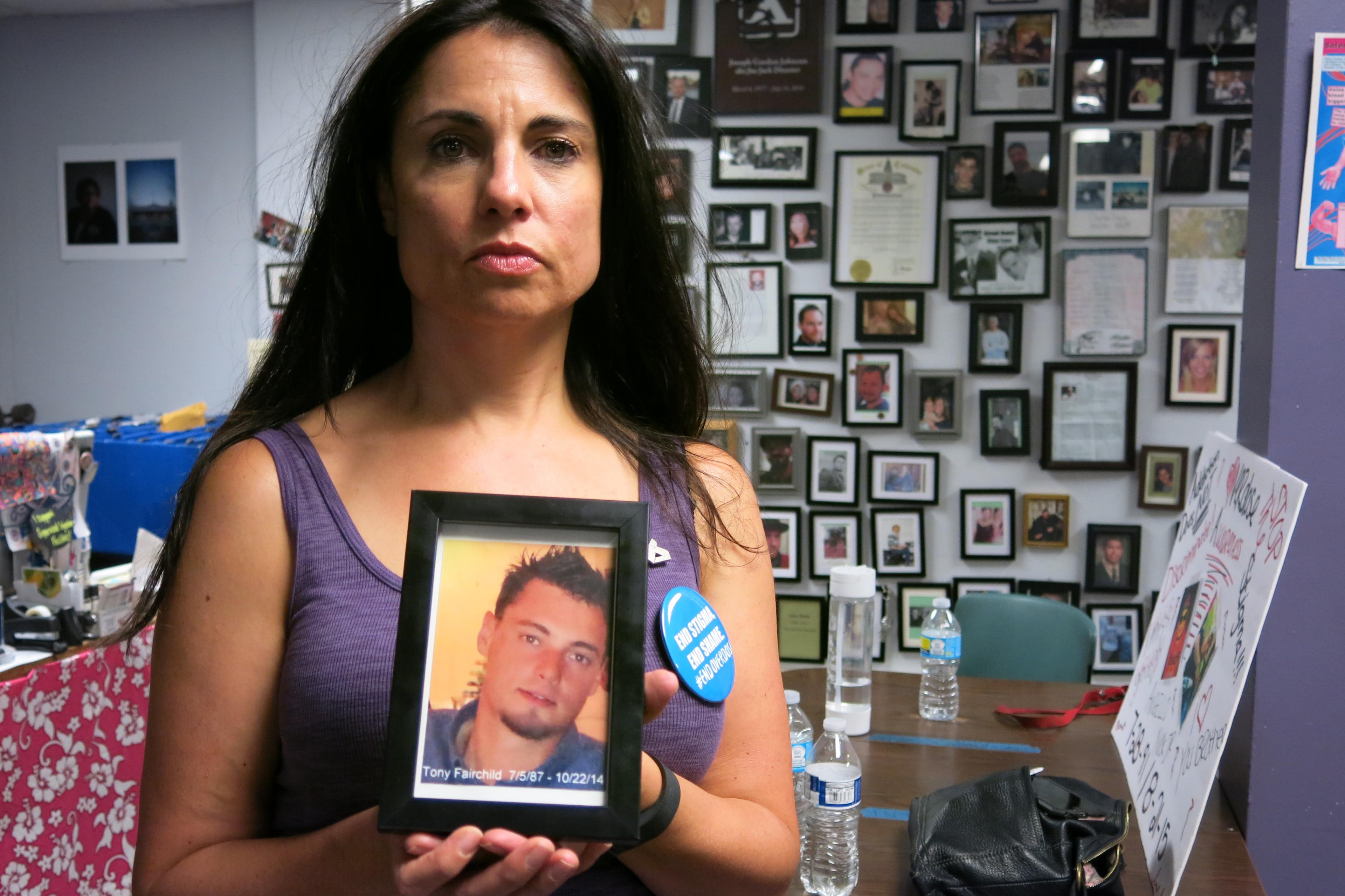

Heroin is a drug linked to a jaw-dropping increase in deaths in Colorado over the last decade and a half. The numbers are so alarming that there was a march and “die-in” to observe Overdose Awareness Day outside the state capitol in Denver recently.
Among the crowd of people carrying signs saying “Overdose Can Affect Anyone” and “Every O.D. Is Someone’s Best Friend,” was a mother, who had lost her only son to heroin overdose.
“There’s too many dying from this, and it doesn’t have to be that way,” says Helen Alvillar, who lost her son Leo at age 34 to an accidental heroin overdose. The Denver mom carried a poster with her son’s photo on it to the rally. It reads “Addiction Does Not Discriminate.”
A total of 912 people in Colorado died from overdoses in 2016, a record, according to new state health department data . Of those, 300 died from an opioid overdose and heroin claimed another 228 lives. The drug death numbers now outpace car accidents: In 2016, more than 600 people died on Colorado’s roads.
Nationally, the number of people dying in the U.S. from drug overdoses is now well over the number killed in car crashes, according to news reports.
The jump in heroin deaths is also startling when compared with, say, 15 years ago. In 2001, 23 Colorado residents died from a heroin overdose. By 2016, the number spiked almost 10 times that, to 228. When viewed as a percentage, Colorado’s heroin deaths mirror new national figures: a new report issued this month found U.S. overdose deaths from the drug grew 532 percent since 2002.
Alvillar says her son Leo was a father of two and self-taught musician. He died in 2008.
“I carry his picture. I have a button that has his picture on it and I wear it with me everyday, and I take him with me wherever I go,” she says, adding that her son died following a relapse after seeking treatment. She says the tragedy is that overdoses are preventable. Both addiction treatment, and the live-saving reversal drug naloxone, should be made more available Alvillar says.
“People don’t think about it and they think that these people are not worth saving,” Alvillar says through her tears. “My son was worth it.”

She sits in front of dozens of photos of Coloradans who died from fatal overdoses. One is Joelle Fairchild’s son.
“My son Tony passed away October 22 of 2014,” the Parker mom says. “He was found on 14th and Speer, right underneath the bridge there on the Cherry Creek path. He was alone. He died of a heroin overdose.”
Fairchild says her 27-year-old son, an only child, was an artistic person, who loved skateboarding and music. Tony had ADHD, Fairchild says, and that may have contributed to him self-medicating. It started with pot, then meth, then opioids.
“I know he wanted to get off drugs. We found journals, and he wrote about it,” she says. “He was embarrassed by his addiction and then of course because of that embarrassment he wouldn’t come around the family.”
Tony lived his last two years on the street. His mom says he tried to get help, but to no avail. “You’re playing Russian roulette every time you inject,” Fairchild said.
Advocates at the rally pushed for more government action to decrease drug overdose deaths.
“We are in the midst of an overdose epidemic in our community, says Lisa Raville, the executive director of the Harm Reduction Action Center. She describes the center as Colorado’s largest public health agency that works specifically with people who inject drugs.
“If you don’t know somebody, you know somebody who knows somebody that has passed away due to overdose. We’re losing a lot of good people and I’m sick of it," she says.
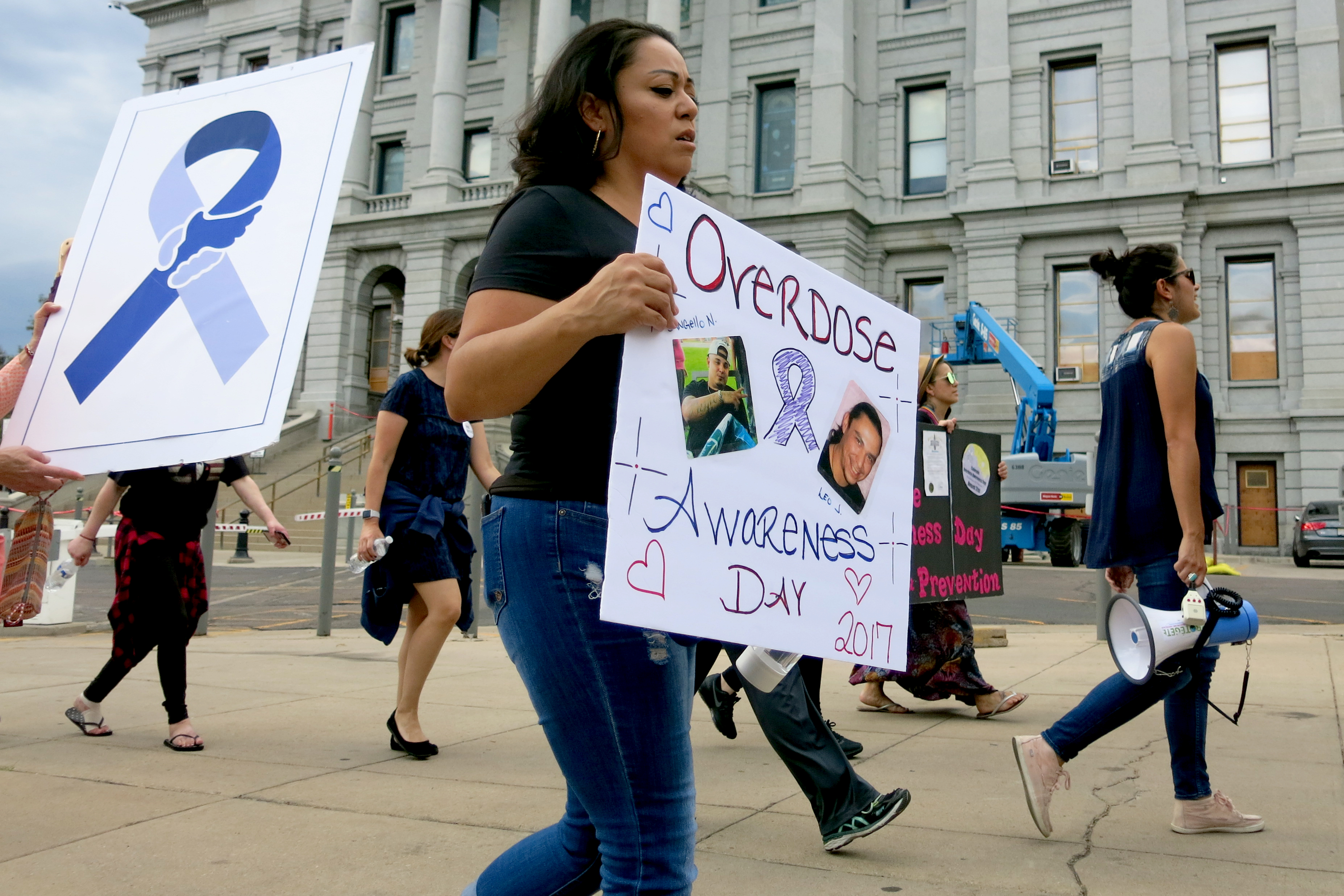
Total drug overdose deaths in Colorado in 2016 were up 6 percent from 2011. Opioids were up even more, 16 percent, and heroin deaths went skyward with a 182 percent hike since five years earlier.
If you go back farther, to 2001, the changes are even more stark. Total drug deaths are up 81 percent since that year. Opioid deaths are up 104 percent. Heroin deaths are up 720 percent. And the figures jumped even more, by 800 percent, for fentanyl, a powerful synthetic opioid analgesic that is similar to morphine but is 50 to 100 times more potent.
Robert Valuck, who leads the Colorado Consortium for Prescription Drug Abuse Prevention, says Colorado’s figures, while not as bad as some states, echo the national trend.
“The numbers are just mind boggling and they’re going up,” Valuck says. “More people dying every year than died in the entire Vietnam War. A 9/11 equivalent every two and a half weeks.”
The New York Times reports that nationally drug overdoses killed roughly 64,000 people last year. Deaths in the U.S. from fentanyl overdoses are up 540 percent over the last three years.
Valuck says driving Colorado’s epidemic are the illegal cross-border drug trade and cheaper prices for heroin. He says most heroin users start with opioid pills.
“Prescribed opioids, that are left over, that are in the medicine cabinet. And then are non-medically used by somebody else,” Valuck says.
What starts as pain relief can spiral into dependence, drug tolerance and addiction. Vernon Lewis responds to overdoses for the Harm Reduction Action Center. He’s administered the reversal drug naloxone to save more than 100 people. He says the problem has blown up in recent years.
“A lot of it has to do with the over-prescription of pain meds,“ Lewis says. “A lot of it has to do with kids thinking this is the cool thing to do.”
Lewis says he has struggled with addiction himself.
“You don’t realize how uncool it is until you find yourself with an opioid addiction that you need this drug,” Lewis says. “It’s a real physical addiction that demands you go out and do what you need to do to get that.”
A lot of attention has been given to opioid and heroin-related deaths, both nationally and in Colorado. But the new health department data shows virtually across the board drug overdose deaths are up. They increased from 2015 for methamphetamine, methadone, benzodiazepine and cocaine.
At the rally, Joelle Fairchild wore a button that reads: “End Stigma, End Shame, End Overdose.” Earlier at the march, that’s what activists shouted as they circled the capital.
They hope for Colorado it’s not just a chant. It’s a wake up call.



